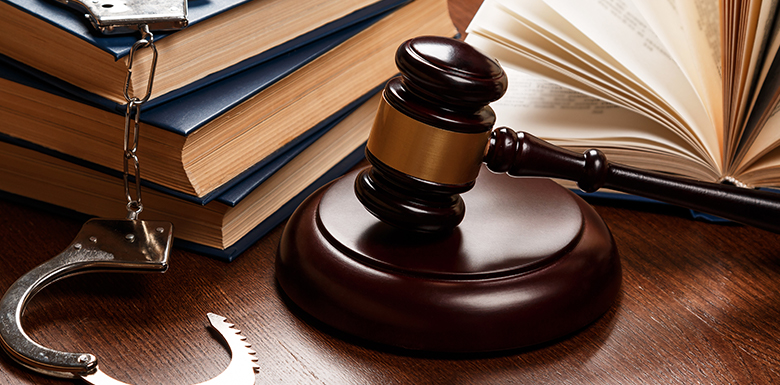The Federal Court Process in a Drug Case
On behalf of Randall & Stump, PLLC in Drug Charges, Drug Crimes, Drug Offenses, Federal Charges, Federal Criminal Defense on Sunday, January 26, 2020

Even though there are many similarities, the differences between a federal drug case and a state drug case are significant. The procedural differences are just as important as the substantive differences, as even a minor procedural mistake can jeopardize your entire case. Understanding how a federal drug case works is critical to a successful outcome.
If you’re facing federal drug charges, the federal criminal defense attorneys at Randall & Stump, Criminal Defense Attorneys have the knowledge and experience you need. We provide aggressive legal representation to people in the Charlotte area who are facing federal charges, working with them every step of the way to get a fair result. If you’d like to schedule a free consultation with one of our criminal lawyers in Charlotte, call us at (980) 237-4579 or fill out our online contact form today.
The Investigation
If you are suspected of committing a federal drug crime, you will be placed under investigation by federal agents. The investigation could last weeks, months, or even years. During this time, federal agents will try to collect evidence that will support an indictment on federal drug charges.
It’s important to note that federal drug investigations are typically much more sophisticated than state drug investigations. Federal authorities generally have much greater resources they can devote, and their investigations often involve extensive video and electronic surveillance, as well as possible wiretaps.
Grand Jury Indictment
Once the investigators have gathered enough evidence, your case will be handed over to a federal prosecutor. The prosecutor, or U.S. attorney, will then present the case to a grand jury. The prosecutor must persuade the grand jury that there is sufficient evidence to support a drug charge. After hearing the evidence, the grand jury will decide by majority vote whether or not you will be charged with a federal drug crime. If you are indicted, you will then be arrested and charged.
It’s important to note that the standard of proof in a grand jury proceeding is extraordinarily low. The prosecutor does not have to prove that you actually committed the crime, only that the charges would not be completely frivolous.
The Arraignment
You will be required to attend an arraignment hearing the day you are arrested or the day after. The judge will read the charges against you and explain your rights, including your right to an attorney.
Detention Hearing
In addition, the judge will decide whether you will be held in jail or released prior to your trial.
The judge will hold a separate hearing on the question of whether you will be released on bail. In determining whether to allow you to be released on bail, the judge will primarily consider whether you are a threat to the community and the likelihood that you will fail to appear for court.
The Pre-Trial Process
After the arraignment, your case will enter the pre-trial phase. Here are some of the steps that will take place during the pre-trial phase of your case:
- Discovery. Discovery is the process by which both sides begin collecting their evidence for trial. It also includes the opportunity for both sides to review and evaluate the evidence that the other side may have. This is an intense phase of the case that involves a tremendous amount of work for both the prosecutor and the defense.
- Plea bargaining. During the pre-trial phase, the prosecution may offer a plea agreement. They may do this for several reasons – they may not feel confident that they can convict you of the charges, or they may just want to save time and resources by getting you to plead guilty. A criminal defense attorney can evaluate and plea offer and help you decide whether it’s fair or whether it is in your best interest to decline.
- Pre-trial motions. Both sides may file pre-trial motions in order to streamline the case for trial. This can include motions to suppress evidence, motions to compel cooperation, or even motions to change courts. These motions can be of critical importance, leading to an acquittal or even a dismissal of the charges.
The Trial
The final step in your drug case will be the trial, where the prosecution tried to persuade a jury that you are guilty beyond a reasonable doubt. You will have the opportunity to cross-examine witnesses and challenge the prosecution’s evidence. You can also put on your own evidence and call your own witnesses, but you cannot be compelled to testify against yourself. At the conclusion of the trial, the jury must decide unanimously whether or not you are guilty.
Contact the Federal Drug Case Defense Lawyers at Randall & Stump, Criminal Defense Attorneys
The federal criminal process is complex and extraordinarily challenging for non-lawyers. The good news is that you don’t have to face your drug charges alone. The federal criminal defense lawyers at Randall & Stump, Criminal Defense Attorneys helps people charged with federal drug crimes in Charlotte get a fair result. If you’d like to schedule a free consultation with one of our attorneys, contact us at (980) 237-4579 today.
